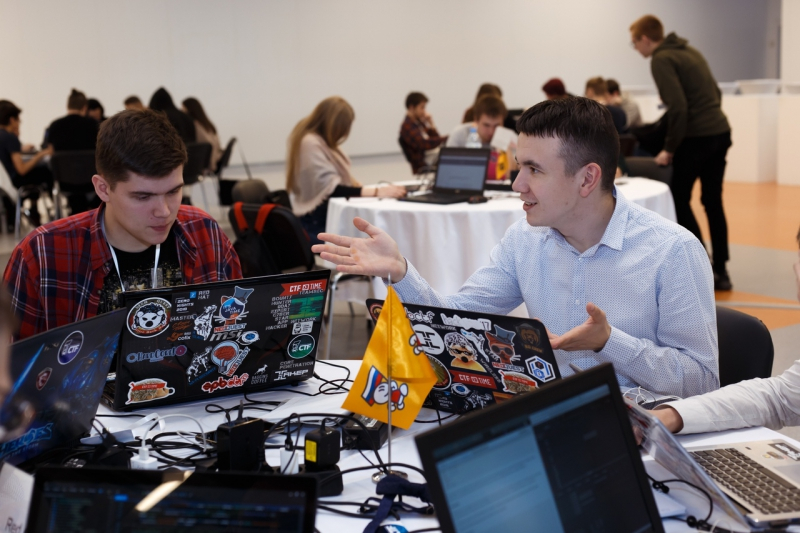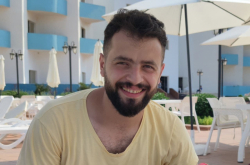Data and security
One definition describes data as all things that may be presented with symbols; an ordered sequence of signs of various nature. Data can be transferred and stored not only through materials, as it used to be with stones, paper, and most recently disks. Today, it also exists as electromagnetic, optical, radio, and acoustic signals – or it could even be chemical in nature.
Data security must ensure the integrity, confidentiality, and availability of data in all its forms – the so-called “security triad.” It is also important to understand that in the real world, achieving complete data security is impossible.
“These concepts – integrity, confidentiality, and availability – are often mutually contradictory. Absolute confidentiality means there’s no availability, and complete availability often leads to loss of integrity. That’s the main paradox and source of scientific challenges,” says Danil Zakoldaev, the head of the Faculty of Secure Information Technologies. “Today, data security is about more than protecting bit strings in a computer system. It’s about deeply understanding the involved processes and working at the intersection of the physical and virtual realities. That is why when we train ITMO students, we place a great deal of emphasis on fundamental knowledge.”
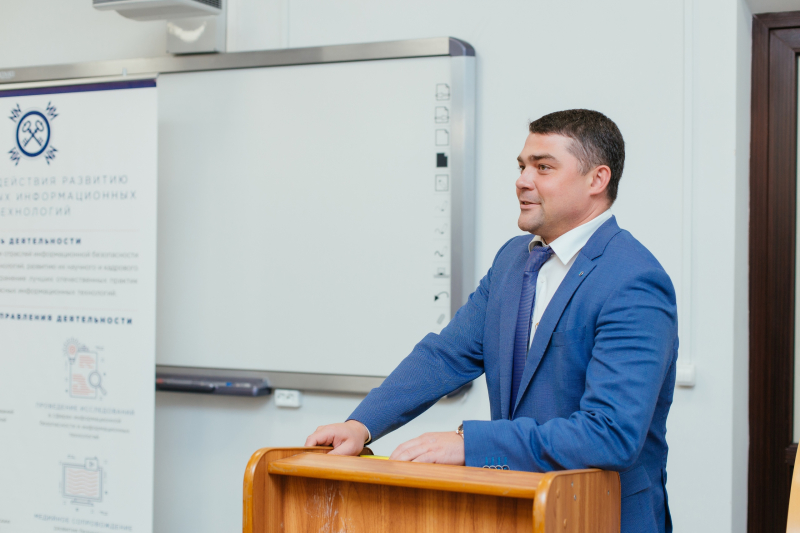
Studying at FSIT
Master’s studies at the Faculty follow four key areas:
- mathematical methods: cryptography and noiseless coding;
- intelligent systems: machine learning and big data in data security;
- cyber-physical systems: autonomous transport and security at the hardware level;
- conventional complex protection systems.
The Faculty has three master’s programs:
Functional Safety of Autonomous Transport Vehicles – for future specialists in the development and use of safe autonomous vehicles, with select courses taught by specialists from Gazprom Neft.
Information Security – covering all issues of data security, the program is run in collaboration with industrial and academic partners such as Sberbank, Aalto University (Finland), and University of Nicosia (Cyprus). Students of the program have an opportunity to spend one year of their studies at one of the partner universities.
Cyber-Physical Information Protection Systems Design – this program focuses on the software-hardware and engineering aspects of data security.
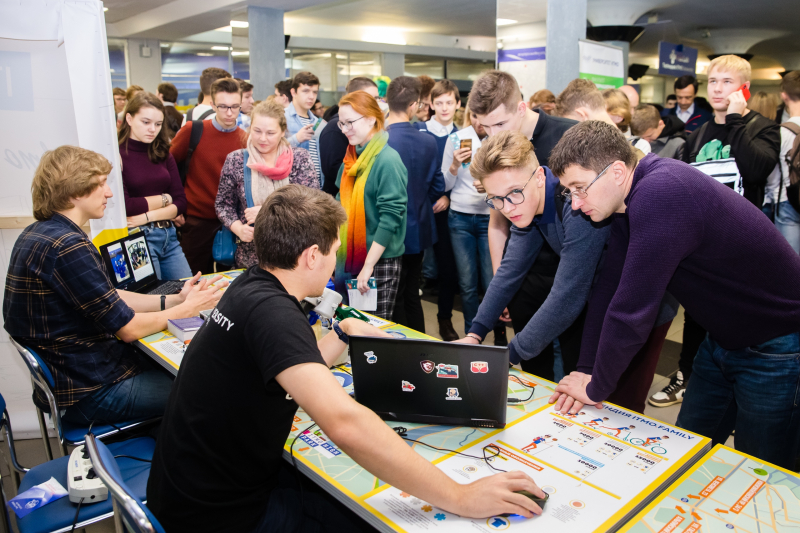
“We were the first in Russia to provide comprehensive training in the field of functional safety of autonomous vehicles. It draws from three key fields: cybersecurity, control systems & robotics, and machine learning,” adds Danil Zakoldaev.
Since 2009, ITMO teams have been participating in various CTF (Capture the Flag) competitions. Master’s students have the opportunity to become a part of this professional community – one of Russia’s finest. In 2019, ITMO University-based team Kappa took first place in the 3rd CTF Russian Cup, a nationwide competition for university teams.
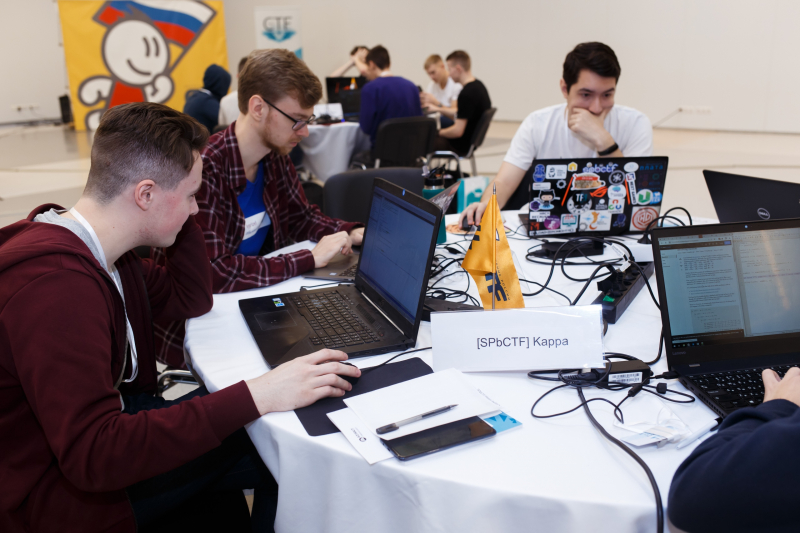
Partners
The Faculty of Secure Information Technologies counts among its partners many companies where students can undergo their practical training: Sberbank, Gazprom Neft, Almaz-Antey, Kaspersky Lab, Doctor Web, and the Central Bank of Russia.
Starting this year, the Functional Safety of Autonomous Transport Vehicles program joins forces with Gazprom Neft. Students will have the opportunity to undergo practical training at the company, do their internships there, and take part in hackathons and workshops. The company will also host a series of networking sessions to provide students with much-needed business connections.
“Our intention in working with ITMO is to provide the first educational program of its kind in the field of autonomous vehicles; it will train specialists who are nothing but relevant in today’s business. Autonomous vehicles are developing rapidly and are already in demand at industrial sites,” says Kirill Kravchenko, the deputy CEO for Administration at Gazprom Neft.
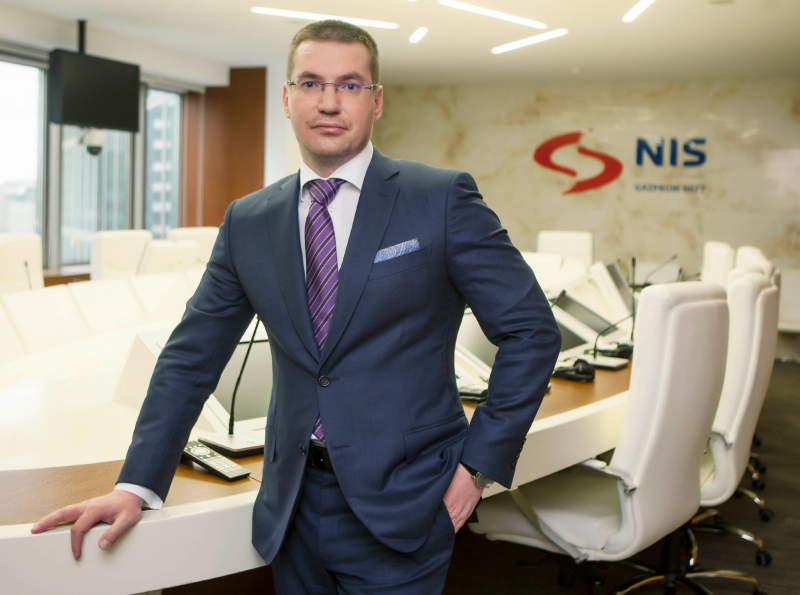
In early 2020, Gazprom Neft completed successful testing of the first driverless Russian cargo trucks at oil fields in West Siberia and the Yamal Peninsula. The company has developed more than 60 scenarios for the use of driverless aerial systems – including high-altitude laser scanning of land, cargo transportation, and monitoring of construction and infrastructure.
Sberbank is also a valuable partner for the faculty. Data security is one of the most crucial concerns in the finance sector.
“We deeply cherish our partnership with the teams of the faculty and the Information Security program. Our collaboration has helped both sides identify areas of future development in terms of training cybersecurity specialists, which is very important if we want to further improve the quality of education and integrate students and graduates into real-life business processes,” says Nina Yanykina, the executive director and head of the Center for Academic Partnerships at Sberbank.
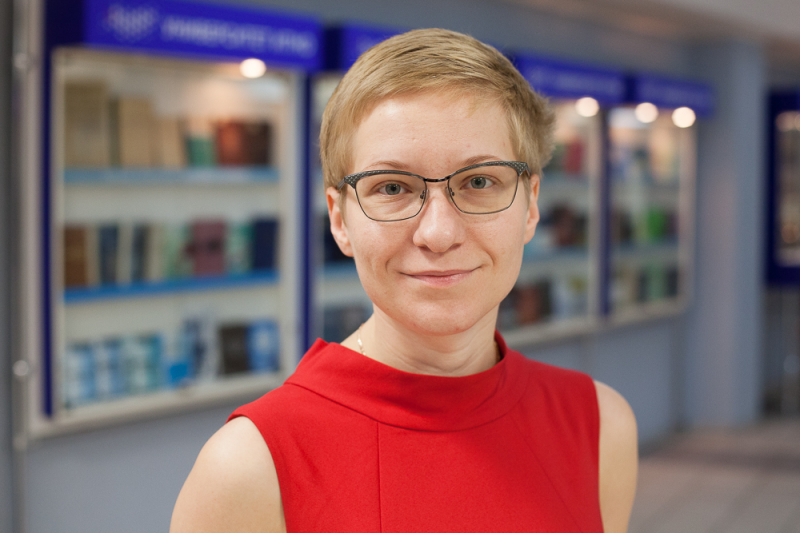
Specialists from Sberbank teach a course on the basics of SOC (security operations center) operation; this year, they’ll also be launching a new course titled Data Security in Credit and Finance Organizations.
Sberbank regularly invites ITMO students to undergo their practical training at the company or do an internship there. The bank provides full-time students with a paid internship program called Sberseasons. The company is always looking for experts in many fields, such as: cybersecurity and data analysis; identification of complex attacks, cyberintelligence, system security; IoT security; cyber-risk assessment. Job listings for graduates and students are available at the Sbergraduate careers portal.
Want to get your Master’s at ITMO University? Apply online! Learn more about our Master’s programs and how to apply here.
